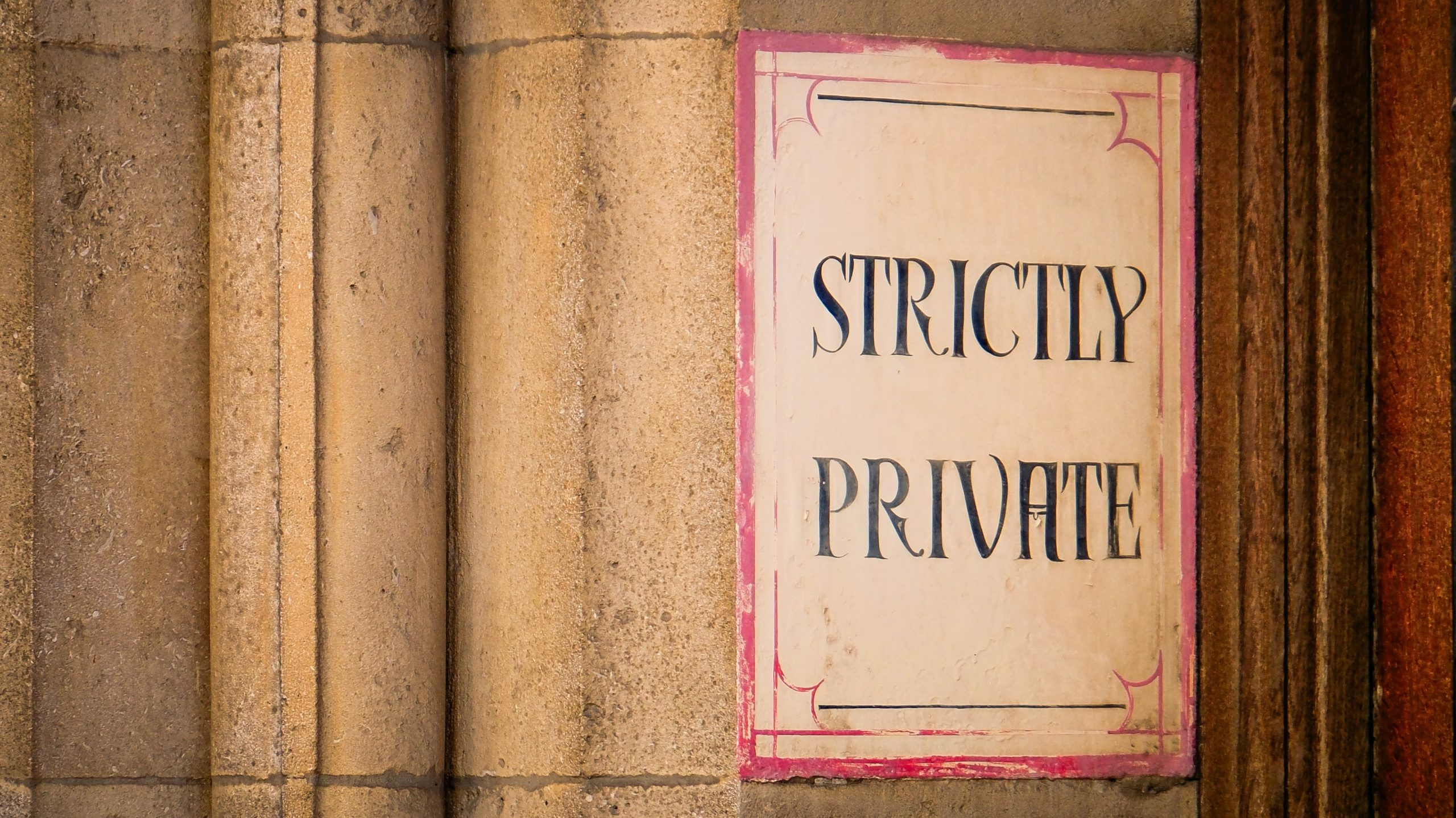AM Darlinghurst Investment Pty Ltd as trustee for AM Darlinghurst Investment Trust v Growthbuilt Pty Limited [2024] NSWSC 825
In general, communications and documents marked as “without prejudice” cannot be used by the other party as evidence in court. This ensures that parties can speak openly about the matter in dispute and potentially reach settlements.
The recent case of AM Darlinghurst Investment Pty Ltd as trustee for AM Darlinghurst Investment Trust v Growthbuilt Pty Limited [2024] NSWSC 825 highlights the impact of the “without prejudice” privilege on the admissibility of evidence in an adjudication.
Background
On 21 May 2024, AM Darlinghurst Investment Pty Ltd (Developer) sought orders quashing an adjudication determination. The determination was made in respect of a payment claim made by Growthbuilt Pty Ltd (Contractor) under a construction contract for the redevelopment of buildings (Contract).
The Developer sought to apply liquidated damages under the Contract. In the adjudication response, the Developer relied on an expert witness report (Expert Report) to establish the delays to the project caused by the Contractor and its contractual right to apply liquidated damages.
The Expert Report however included and relied on “without prejudice” communications between the parties. The adjudicator determined that they did not have time to identify what parts of the Expert Report depended on “without prejudice” communications and assessed the Developer’s liquidated damages claim at $Nil.
The Developer commenced proceedings in the New South Wales Supreme Court arguing that the adjudicator erred in its determination as they failed to consider the Expert Report.
Decision
The Court rejected the Developer’s argument and found the Expert Report was inadmissible. This is because program dates deriving from “without prejudice” correspondence exchanged during the parties’ negotiations could not form the basis for the Expert Report.
Moreover, the Court acknowledged the difficulty for the adjudicator in identifying which portions of the Expert Report relied on “without prejudice” correspondence and which did not. Due to the short timeframe to provide the determination, it was impracticable for the adjudicator to separate inadmissible from admissible portions of the Expert Report.
As a result, the Developer lost the benefit of the Expert Report and its contractual right to apply liquidated damages.
Key takeaway
Parties in a dispute on adjudication need to understand the impact of “without prejudice” correspondence and documents. Without prejudice correspondence are not admissible as evidence in adjudication and an adjudicator is not in error if they do not consider the “without prejudice” correspondence and documents.
Parties should also present Expert Reports clearly and concisely to avoid confusion as to the segregation of any potentially “without prejudice” information, especially considering that the adjudicator may not be legally trained.
If you would like to discuss this article with us, please contact Brett Vincent, partner, or Peter Wang, paralegal on (02) 9261 5900.

